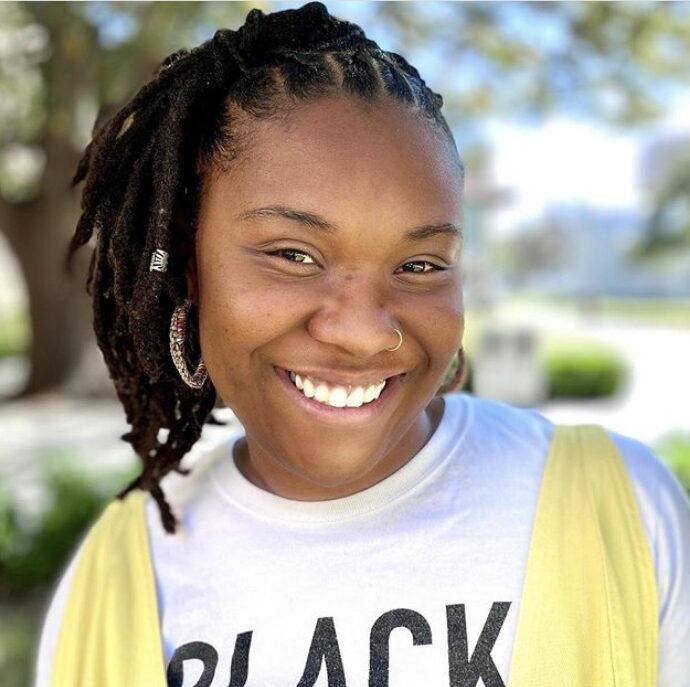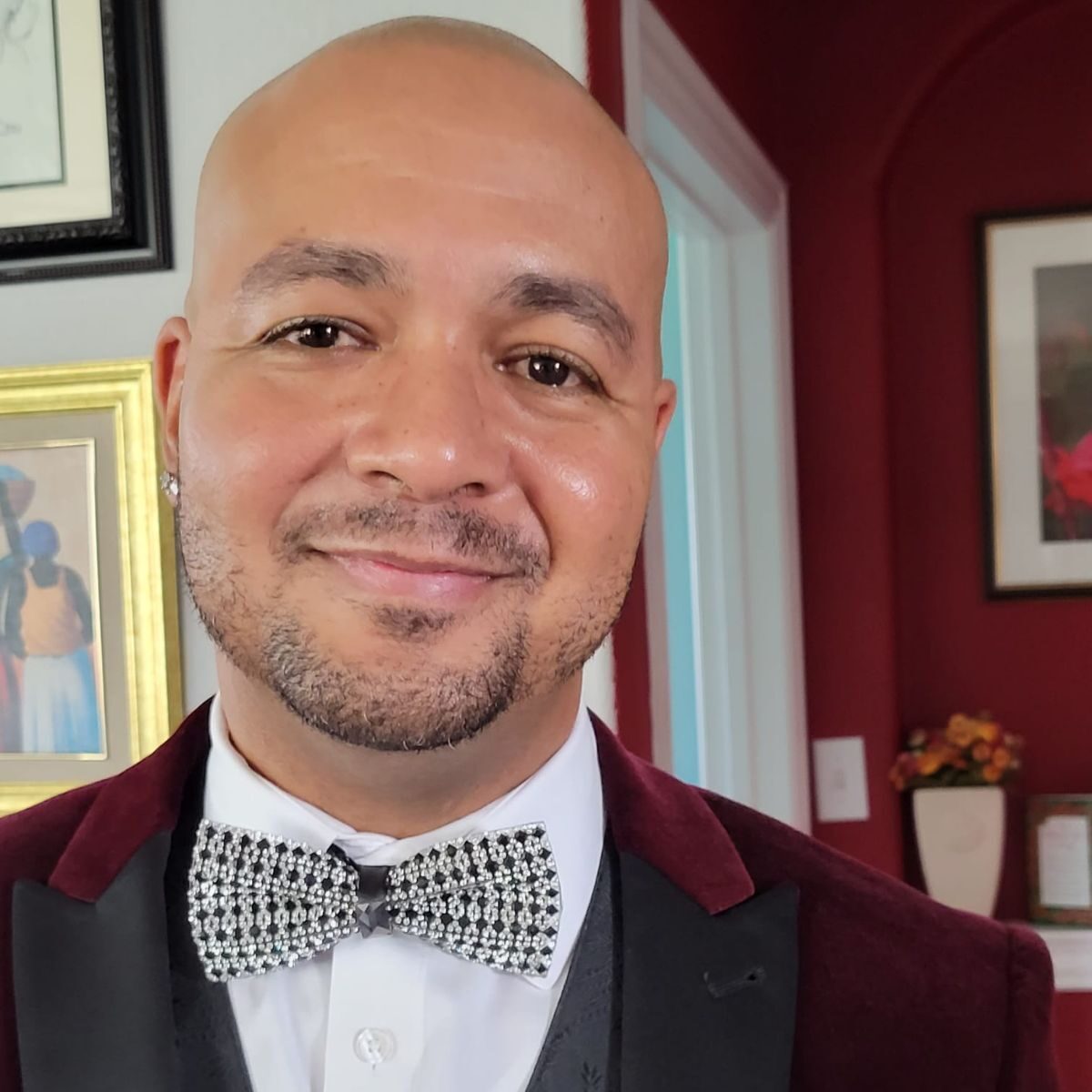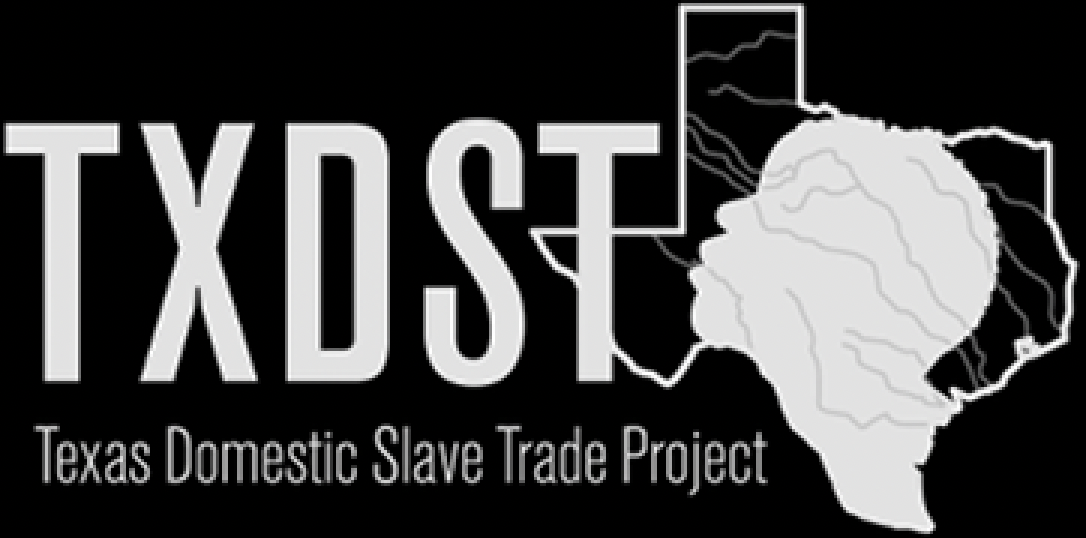Welcome to From Slavery to Freedom in Texas, a digital platform that delves deep into the historical and often overlooked experiences of enslaved people in the Lone Star State.
The history of slavery in Texas is longer and more complex than most people realize. An enslaved man named Estevanico was among three men, members of a Spanish expedition, who survived a shipwreck near Galveston and traveled along the Texas coast in 1529. Three centuries later, when hundreds of Americans made their way to Texas with Stephen F. Austin and other empresarios, many brought enslaved people with them. Anglo-American settlers used Texas’ distinctive geography and proximity to the Gulf of Mexico to create opportunities for trade with neighboring states, access to commercial sea routes, and connections to the Caribbean slave trade. These factors also shaped the development of the slave trade into and throughout Texas. For enslaved people in Texas, however, freedom lay directly south, across the Rio Grande in Mexico. Consequently, they constructed early networks of freedom and created a landscape where African Americans developed deep connections to land and community. Traces of these connections and communities still alive today, serve as slavery’s legacies in Texas.
There are many websites and resources devoted to American slavery, however few focus on the experiences of the enslaved, and even fewer are dedicated exclusively to Texas. The Texas Domestic Slave Trade (TXDST) project aims to change that. Started under the direction of Dr. Daina Ramey Berry at UT Austin, and inspired by Berry’s research for The Price for Their Pound of Flesh: The Value of the Enslaved, from Womb to Grave, in the Building of a Nation (2017), the website amplifies the stories of the enslaved in Texas.
TXDST focuses on narratives of enslaved people and enslavers, both during slavery and its afterlives. Our work is driven by interpreting primary sources and visually supporting them with maps, images, and data graphics. Our mission builds on a careful and respectful approach to slavery scholarship to honor and center stories that have rarely been told. We focus on the names, family connections, and lived experiences of each individual we encounter so that their lives are not reduced to anonymous data points. Our process, which we call archival recovery research, involves searching high and low for traces of their lives. The narratives told here are rooted in extensive research using newspaper advertisements, census records, Works Progress Administration interviews, private correspondence, ships’ logs, plantation account books, court records, invoices, and maps—anywhere we can capture a glimpse of slavery in Texas.
Part of our process includes utilizing a variety of research methodologies. Each county on this website highlights a different methodological approach—genealogy and archives, voices in print, experiential learning and public history, and mapping movement—to the study of slavery.
This website represents a collaborative partnership between scholars and students at The University of Texas at Austin and Prairie View A&M University, who, with support from the National Historical Publications Records Commission (NHPRC), are working to change how the stories of enslaved people in Texas are remembered and told.
Join us on this journey as we honor their stories, connect the dots of history, and contribute to a more comprehensive understanding of our shared past.
Meet the Team

Dr. Daina Ramey Berry
Daina Ramey Berry, the Michael Douglas Dean of Humanities and Fine Arts and Professor of History at the University of California Santa Barbara, researches, writes and teaches about the lives of the enslaved, the long-lasting repercussions of slavery and Black women in the U.S. She has authored, co-authored and/or edited nine books including A Black Women’s History of the United States (Beacon, 2020), co-written with Kali Nicole Gross, and The Price for Their Pound of Flesh: The Value of the Enslaved, from Womb to Grave, in the Building of a Nation (Beacon, 2017). She serves as co-author of three U.S. History textbooks (middle school, high school, and college levels). Dr. Berry is a frequent advisor for films and TV programs on history. She completed her BA, MA, and PhD in African American Studies and U.S. History at the University of California Los Angeles.

Dr. Signe Peterson Fourmy
Signe Peterson Fourmy completed her Ph.D. in U.S. history with an emphasis on slavery and southern history at The University of Texas at Austin (2020) and holds a J.D. from the University of Houston Law Center (2001). She is currently an Assistant Professor of Instruction in the Department of History at UT. She is also Co-Director of the NHPRC-funded project, Last Seen: Finding Family After Slavery. Her research focuses on slavery, resistance, gender, and the law. Her first book on enslaved women and infanticide is under contract with UNC Press.

Marco Robinson, Ph.D.
Dr. Marco Robinson is a historian, archival and qualitative methods specialist. Marco is an Associate Professor of History and the Assistant Director of the Ruth J. Simmons Center for Race and Justice at Prairie View A&M University (PVAMU). An interdisciplinary researcher at heart, the Mozilla Foundation recently funded Robinson’s project titled “Considering Rural Communities and Issues through Socially Responsible Computing.” Additionally, he was one of the featured experts on KHOU 11’s 2021, 2022 and 2023 Juneteenth Documentaries. His research interests include the afterlives of emancipated people, the establishment of PVAMU, and life in Post-Civil War Era Texas. Robinson’s recent co-edited book, “Contemporary Debates in Social Justice: An Interdisciplinary Approach to Exploring the Lives of Black and Brown Americans” explores the complexities around Black and Brown communities and social justice issues. Marco specializes in historic preservation and facilitating projects that engage in the digitization of historical pictures and documents.

Rachel E. Winston
Rachel E. Winston is the founding Black Diaspora Archivist at The University of Texas at Austin, where she leads the university’s effort to build a library special collection documenting the Black experience across the Americas and Caribbean. Her work promotes research and study on the Black Diaspora through primary source material, curated exhibitions, and archival activism. She is an alumna of Davidson College and The University of Texas at Austin.

Sheena Moore
Sheena Moore, a Texas native and McCombs School of Business graduate, boasts a diverse professional background encompassing non-profit education, technology, and academia. Her academic qualifications include a master’s degree in technology commercialization and an undergrad degree in English, enabling her to drive collaboration and communication across campus departments and external entities. Sheena combines her rich academic foundation with extensive professional experience, showcasing unwavering dedication and a passion for fostering cooperation and innovation in academia and the non-profit sector.
Research Team (Students)

Alexis V. Bigelow
Alexis Bigelow is a Ph.D. candidate in the Cultural Studies in Education Program at The University of Texas at Austin. She is also a proud Prince George’s County, Maryland native and former third grade teacher. Her research interests include Black women teachers, activist pedagogies, and culturally and politically relevant pedagogies. She locates herself in the lineage of Black Feminist scholars who contextualize Black women educator’s pedagogies and unveil their unique orientations and strengths. She stands on the shoulders of giants such as bell hooks, Lisa Delpit, Vanessa Siddle Walker, Michelle Foster, Cynthia Dillard, and Keffrelyn Brown.

Ron Davis
Ron Davis is the Curator of American History at the Witte Museum in San Antonio and doctoral candidate in the History Department at The University of Texas at Austin. He is studying under the direction of Dr. Daina (pronounced Dinah) Ramey Berry. His dissertation project, “‘They Made Me the Best Bronc Rider in the Country, but They Weren’t Trying to Make Me a Rider’: Enslaved and Free Black Cowboys in Texas, 1830-1865,” examines the lives of enslaved cowboys in antebellum Texas. He co-curated the exhibit Black Cowboys: An American Story which was at the Witte Museum in San Antonio and is traveling around the nation. He is also a twenty-six-year veteran of the U.S. military and served in various capacities through five deployments to Iraq and Afghanistan.

Zarius Jackson
Zarius Jackson is a research assistant and Ruth J. Simmons Undergraduate Scholar at Prairie View A&M University. Mr. Jackson is a contributor to the university self-study being compiled by the The Epa Committee on the Legacy of Slavery and the Impact of Segregation at Prairie View A&M University. Zarius is an artist and pursuing a Bachelors degree in Kinesiology.

Ayngelyn Hobbs
Ayngelyn Hobbs is a research assistant and Ruth J. Simmons Undergraduate Scholar at Prairie View A&M University. Ms. Hobbs is a contributor to the university self-study being compiled by the The Epa Committee on the Legacy of Slavery and the Impact of Segregation at Prairie View A&M University. Ayngelyn is co-Executive Director of the Keirmyn Strong Foundation and is pursuing a Bachelors degree in History.
